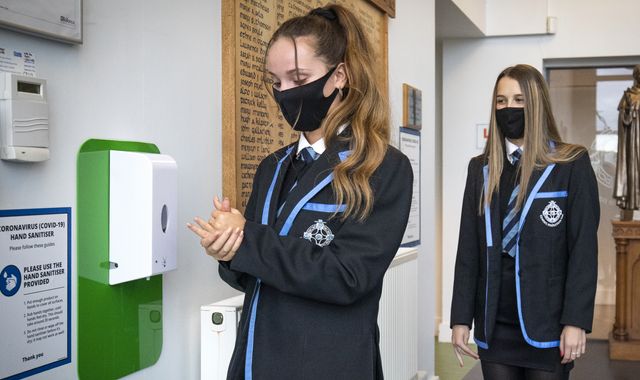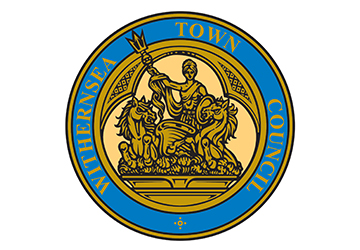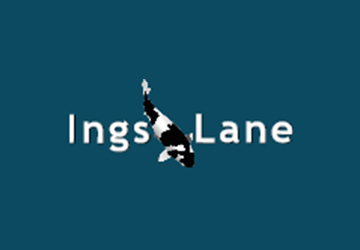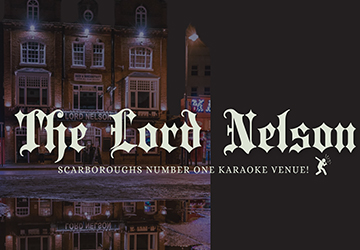Sir Gavin told the UK COVID-19 inquiry on Tuesday he “readily accepts” errors of judgement were made in both the pre- and early stages of the pandemic and that he was sorry the Department for Education (DfE) had not been sharp enough in its response.
“The weight wasn’t put on to that emerging scientific evidence that did clearly prove to be right,” he said.
“And the whole focus and emphasis of the government wasn’t probably sharp enough in terms of dealing with that, and that was the case in my department, which I’m sorry for, because I readily accept that I was secretary of state and it was my responsibility,” he added.
Sir Gavin also criticised then prime minister Mr Johnson‘s decision in May 2020 to announce a phased return to the classroom as “damaging” to schools, children and families.
Last week, academy trust leader and former DfE schools director general Sir Jon Coles told the inquiry it was an “extraordinary dereliction of duty” for the DfE not to plan for school closures earlier in March 2020.
Sir Gavin, who was education secretary from July 2019 until September 2021, said he did not agree with that assessment.
“I think we should have done it very differently,” he told the inquiry. “I think we should have, pre-2020, we should have had a clear plan with a range of scenarios.”
He went on to add that across government the significance of the pandemic should have been understood “much better” and they should have “bitten the bullet and made those plans in a way that would have helped later on”.
More from Sky News:
All you need to know about the inquiry
Police officers may have been ‘super-spreaders’
Asked by Clair Dobbin KC why it was apparent to academy trust leaders that schools would close, and not to the secretary of state for education, Sir Gavin said the department had been given a “clear indication that we were to keep schools open”.
Key pandemic decisions were taken at the centre within Number 10 and the cabinet office, he added, and different departments did not have the freedom to “go out and start consulting with lots of people as to what school closures will look like”.
Ms Dobbin presented several documents to the inquiry, including a Sage document from February 2020 that mentioned considering the impact of closing schools in different outbreak scenarios as an action point.
Sir Gavin said he had asked civil servants to look at potential COVID impacts on education in January.
Number 10 was asking the department to generate documents on keeping schools open rather than closing them, he said, but said the department was thinking about the implications and had started planning for individual school closures.
‘Discombobulating 24 hours’
In a written statement to the inquiry given in 2023, Sir Gavin had said he had not asked DfE officials to prepare an assessment on the impact of school closures in early 2020, as the advice at the time “was not recommending closures” and Number 10 had not commissioned it.
Sir Gavin’s written evidence describes a “discombobulating 24-hour sea change” from keeping schools open on 16 March, to talking about closing them on 17 March, and an announcement to shut them made the following day.
He had said in his previous written evidence that the then-prime minister’s decision in May 2020 to announce the phased reopening of schools was not possible to deliver, as it would not work with the social distancing rules at the time.
Asked by Ms Dobbin on Tuesday for whom the decision was damaging, he said: “I think it was damaging for schools, and I think it was damaging for children and parents, because actually what parents heard was the prime minister saying all your kids are going to be able to go back to primary school before summer.”
He added that he felt it was giving people “a false sense of hope and belief”.
The inquiry continues.




























































